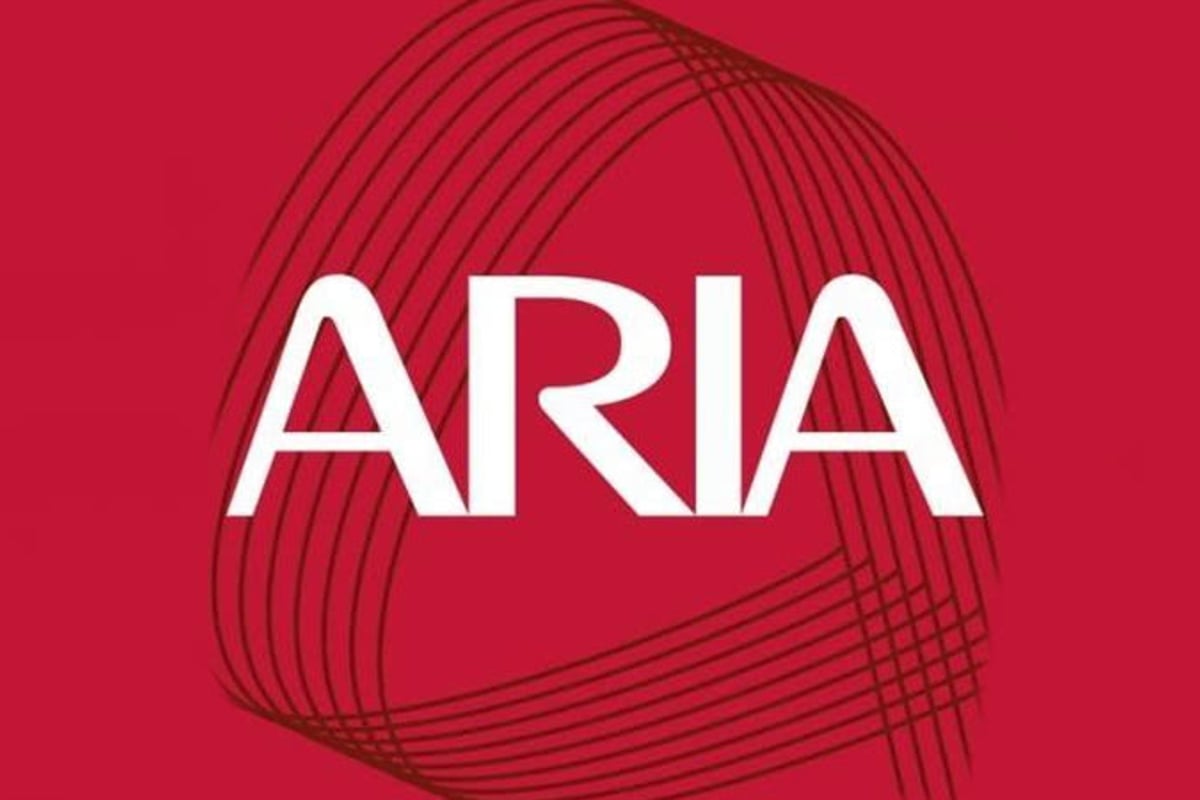Chugg, MacQueen, and more weigh in on ARIA Albums chart update

Yesterday morning, ARIA announced a huge and long-awaited change to its Albums Chart. From Monday May 15, the chart will include streaming figures in its calculations – a move that follows a similar change to the Singles Chart back in 2014.
While the chart will soon become more representative of the recorded music market – where streams represented 38% of local revenues in 2016 – it’s long overdue.
Michael Chugg told TIO:
“Streaming has been part of Album sales internationally for quite a while now, there is a formula to convert streams to a sale {equiv} to a download,” he said.
“Are they going to try and do a stand-alone streaming chart?” Chugg questions. “It’s a big job.”
Chugg said he was surprised at ARIA data which revealed streaming now accounts for 38.5% of overall market by value. “I imagine this is growing every week,” he said.
ARIA’s update will initially feature Apple Music, Deezer, Google Play and Spotify streams, with Pandora expected to join once its Premium service launches.
“The charts are still relevant but we also now rely on data from YouTube, all socials and digital outlets when judging an artist’s value in the Marketplace,” added Chugg.
Stuart MacQueen, co-owner at Wonderlick Entertainment (Amy Shark, Grinspoon, Montaigne) said:
“Streaming is obviously a very significant and very rapidly growing portion of the overall consumer market, and it will ultimately make other formats close to irrelevant. Having nearly every song in the history of recorded music in the palm of your hand, for a monthly charge that is less than half the cost of what one album cost in the ’90s, is an undeniable value for money proposition.
“Excluding streaming from the album chart for much longer, would start feeling like we were measuring how many horse and carts there were on the road while a road full of cars were roaring by.”
MacQueen said that while be believes the ARIA chart still serves a vital role, the public is probably less aware of the chart than they were a decade ago.
“[The public] are probably now more focussed on the charts they see when consuming music online from their preferred digital supplier,” he said. “The ARIA chart is however still a very important measuring stick for the music industry, and is something that the industry still takes very seriously.
“I think it’s a positive thing to have an independent umpire measuring industry success, and of course providing the Gold and Platinum accreditations etc. that are effectively tied to the chart.”
Luke Logemann, Head of Recorded Music at UNIFIED said:
“I think it’s brilliant that the album chart will include streaming. Consumption is a much more accurate way of measuring and evaluating an artist’s success, and I think the charts are going to be a lot more realistic than they have been in the last 12 months.
“Obviously it might be harder for some artists to debut their records in the Top 5-10, but I think the market and consumer/industry perception will adjust over time and that won’t matter.”
Rick Chazen, AAM Co-Chair said:
“It is a good development and probably an obvious one. 38% is a significant percentage and it will continue to grow and I wouldn’t be surprised if it tips over 50% within two years.
“Some artists are stronger on streaming than others. For example, typically artists with older audiences who buy mainly physical product or iTunes downloads are advantaged in the previous charts, so the inclusion of streaming will create a fairer playing ground.
“ARIA is averaging the streams for tracks 3 – 10 and using that average for tracks 1 and 2. This will help to avoid giving credit where an artist has only one big single and gives more weight where whole albums are being listened to.
“I think that is a reasonable way to tackle ‘the big singles vs. album listening’ challenge but I am guessing that this formula may be tweaked over the years as user behaviour changes and is more fully understood.
“The ARIA chart is definitely useful form a management perspective. If we are pitching for a Splendour slot and the artist has a top 10 debut that definitely helps, but I am unsure whether the public have been paying much attention for a long time now.”
Johann Ponniah, founder of I OH YOU and Converge Management said:
“I think it’s cool and makes sense. The ARIA charts still mean a great deal to me and I think it’s a fantastic and interesting indication of what our country is listening to each week.”
Tom Mee, Label Relations Manager, Spotify Australia & New Zealand said:
This article originally appeared on The Industry Observer, which is now part of The Music Network.






























